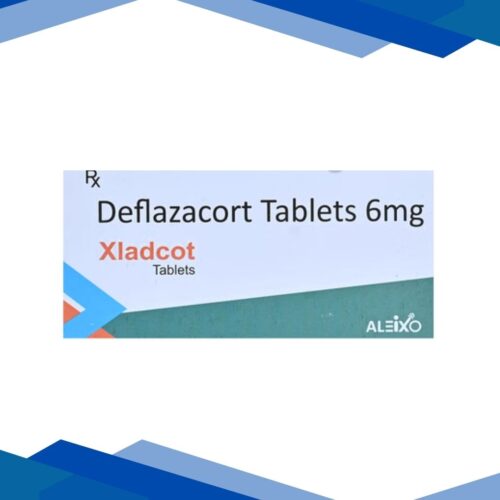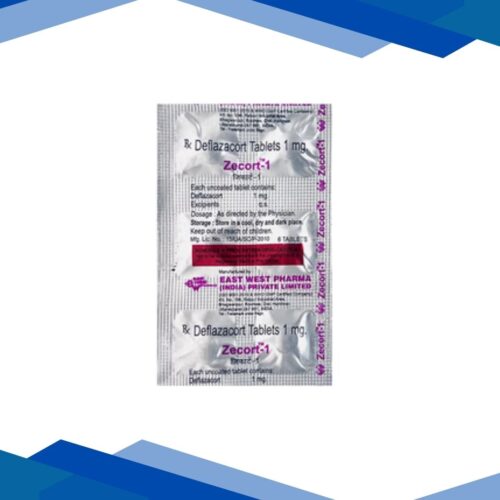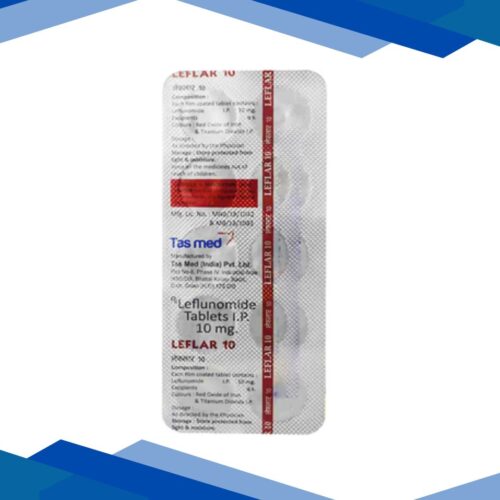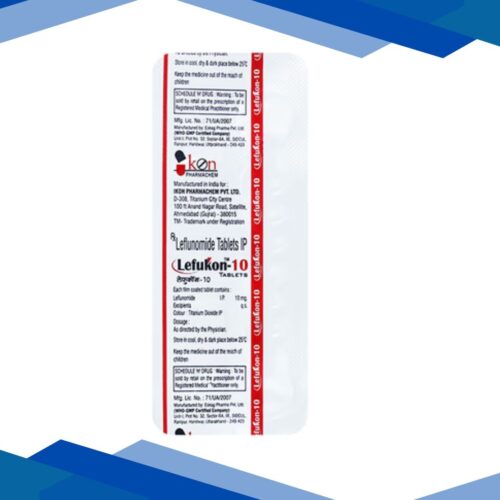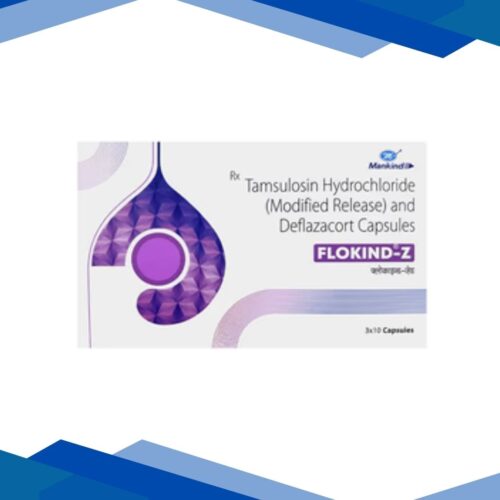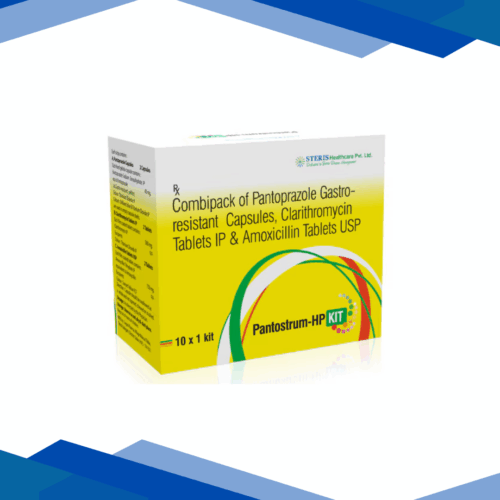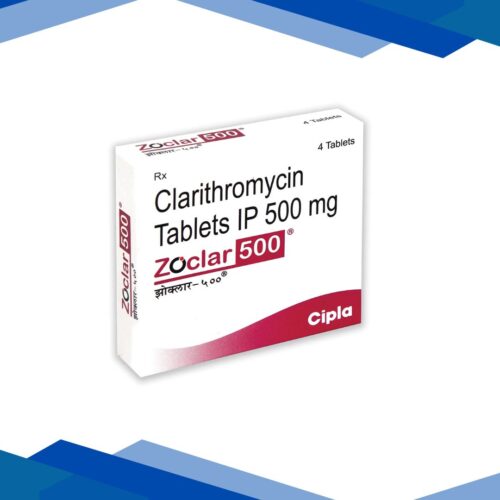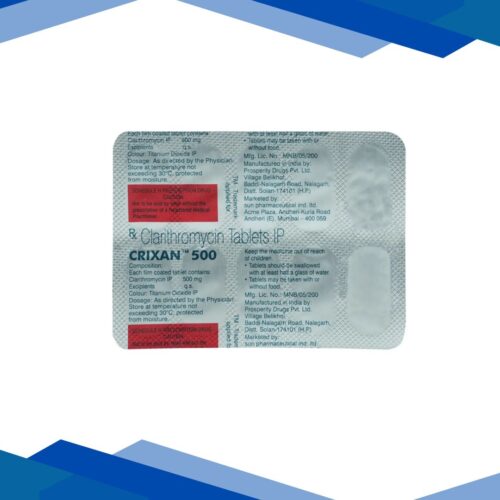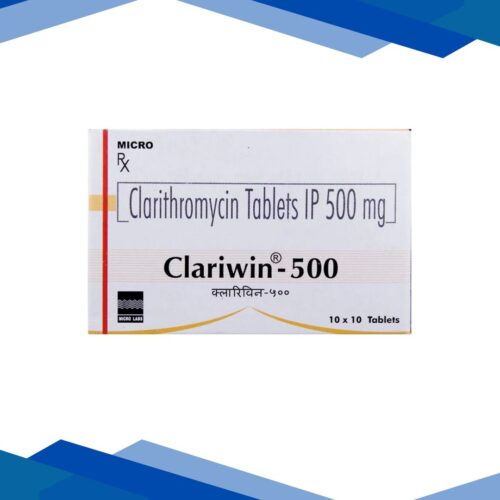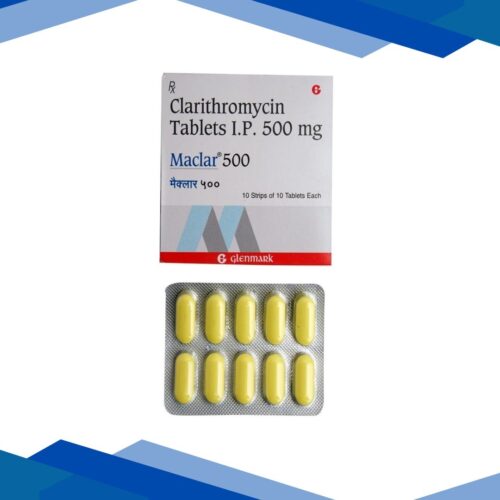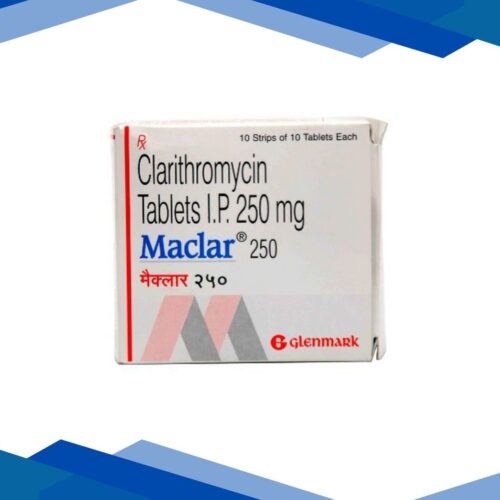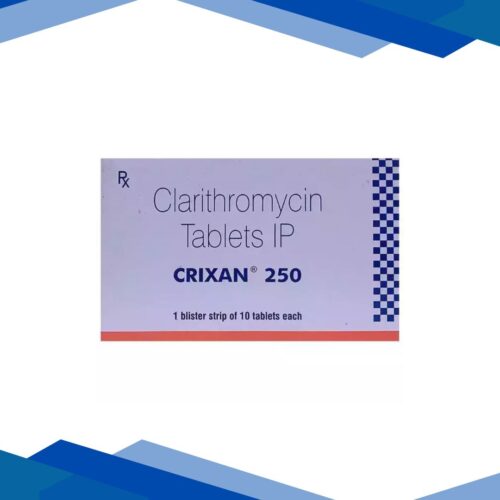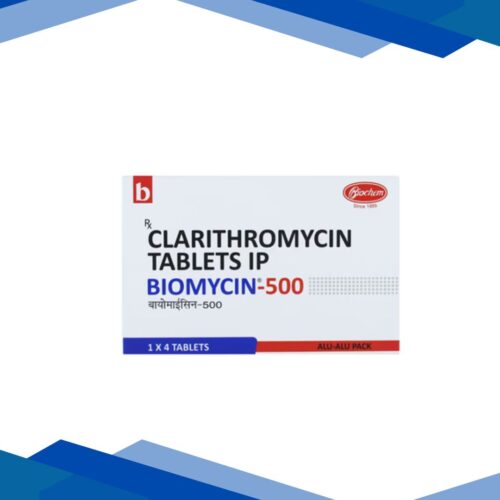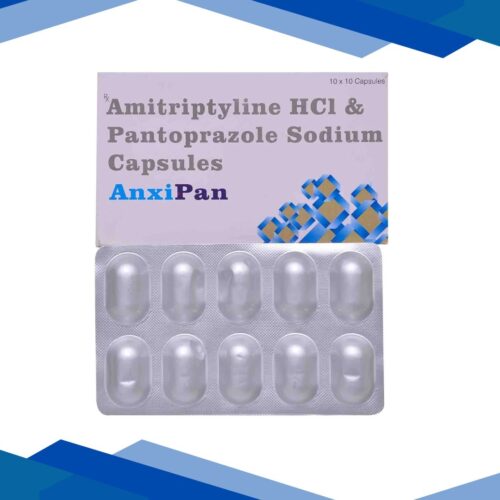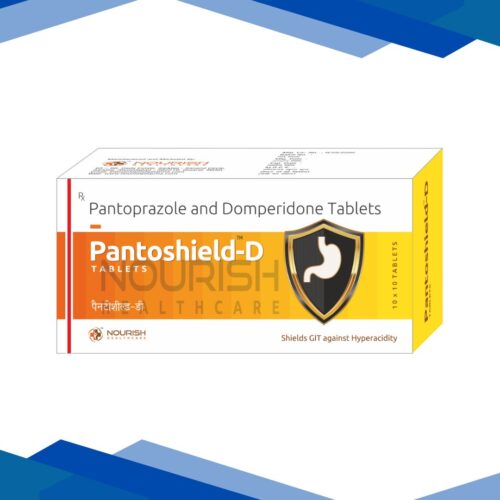FLOKIND Z Capsule 10’s
Evoxil -Hp kit
❌ Due to high demand, this product is currently out of stock. New stock will be available shortly.
👉 Click here to Buy Same Salt medicine
This combination is used as part of Helicobacter pylori (H. pylori) eradication therapy to treat peptic ulcers and gastritis by reducing stomach acid and eliminating infection-causing bacteria.
Amoxycillin
AMOXYCILLIN
Overview:
Amoxycillin is an antibiotic used for stopping growth of bacterial infections.
Classification: Penicillin group antibiotic
Mechanism of action: Amoxycillin inhibits the formation of cell wall by bacteria and thereby killing them.
Uses:
– Skin infections
– Dental infections
– Urinary tract infections
– Respiratory tract infections
– Ear, nose, and throat infections
Dosage:
As per prescription of your doctor.
Side Effects:
Common side effects include:
– Loose stools
– Skin rash
– Nausea
– Allergic reactions (rare but serious)
Precautions:
– Inform your doctor about any allergies to penicillin.
– Use with caution in patients with kidney problems.
– Not effective against viral infections (e.g., flu or cold).
Disclaimer:
This information is for educational purposes only. Always consult a doctor or pharmacist before using any medication.
Clarithromycin
CLARITHROMYCIN
Overview:
Clarithromycin is an antibiotic used to treat a variety of bacterial infections, especially those affecting the lungs, sinuses, throat, ears, skin, and sometimes the stomach. It’s often chosen for people who are allergic to penicillin or when other antibiotics aren’t working well.
Classification:
Antibiotic
Uses:
Clarithromycin is used to treat:
Throat and tonsil infections
Sinus infections
Chest infections (like bronchitis and pneumonia)
Skin infections
Ear infections
Stomach infections caused by H. pylori (as part of combination therapy)
Some dental infections or off-label uses as decided by your doctor
How It Works:
Clarithromycin works by stopping bacteria from growing. It blocks the process bacteria use to make proteins—proteins they need to survive. This helps your immune system clear the infection more effectively.
Side Effects:
Most people tolerate it well, but some may experience:
Common side effects:
Nausea or upset stomach
Diarrhea
Headache
Unusual taste in the mouth (often metallic)
Less common or serious:
Liver problems (jaundice, dark urine, fatigue)
Irregular heartbeat (rare)
Hearing changes (usually temporary)
Severe allergic reactions (rash, swelling, trouble breathing)
Antibiotic-associated diarrhea (due to imbalance of gut bacteria)
Precautions:
Inform your doctor if you have liver problems, kidney issues, or heart rhythm disorders.
Let your doctor know about all other medicines you’re taking—especially statins (for cholesterol), blood thinners, or drugs for heart rhythm, as interactions are possible.
If you experience severe diarrhea even after stopping the medicine, don’t ignore it—it may be a sign of a serious gut infection.
Complete the full course of the antibiotic, even if you start feeling better early. Stopping too soon may cause the infection to return or become resistant.
Not recommended in pregnancy unless clearly needed—always check with your doctor.
Disclaimer:
This content is for informational purposes only. Always consult a healthcare provider for medical advice and proper dosage
Pantoprazole
PANTOPRAZOLE
Overview:
Pantoprazole is a drug that reduces acid levels produced in the stomach. It belongs to the category of the drug blockers called proton pump inhibitors (PPIs). The drug has often been used to treat acid reflux, gastroesophageal reflux disease (GERD), stomach ulcers and Zollinger-Ellison syndrome. Pantoprazole relieves such symptoms as heartburn and helps to recover the stomach lining.
Classification:Proton Pump Inhibitor (PPI)
Uses:
Pantoprazole is used to treat the diseases caused by an excess stomach acid like GERD (gastroesophageal reflux disease), acid reflux, stomach ulcers, and the Zollinger-Ellinson disease. It also relieves the symptoms of heartburn, acid regurgitation, and indigestion, by reducing acid secretions and helps in recovering the stomach and the esophagus.
How it works:
Pantoprazole acts in blocking a pump on the stomach lining called proton pump (H 16 itrapazoviatricfootnote 16 overnight hist seriously atpase). This is an enzyme that has a key role in producing stomach acid. Pantoprazole reduces the acid content of a stomach by stopping the action of this pump. Such a decrease aids in improving the symptoms of heartburn and repairing the injured parts of the stomach and esophagus.
Dosage:
As prescribed by your doctor.
Side effects:
Gas or bloating
Stomach pain
Headache
Nausea or vomiting
Diarrhea
Precautions:
Prior to taking pantoprazole, inform your physician about your liver conditions, low levels of magnesium, and any other drug that is in use that can react with this. Side effects of long-term use include vitamin B12 deficiency, loss of bone, or intestinal infection. Pregnant/ Breast feeding: use with caution, only with medical advice. Nevertheless, do not eliminate the medicine abruptly, at least, without the doctor consultation, particularly in a case of long-term treatment.
Disclaimer:This content is for informational purposes only. Always consult a healthcare provider for medical advice and proper dosage.
